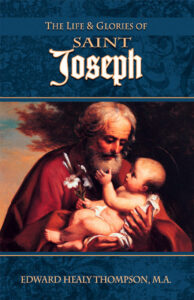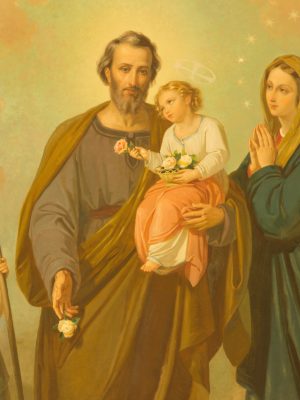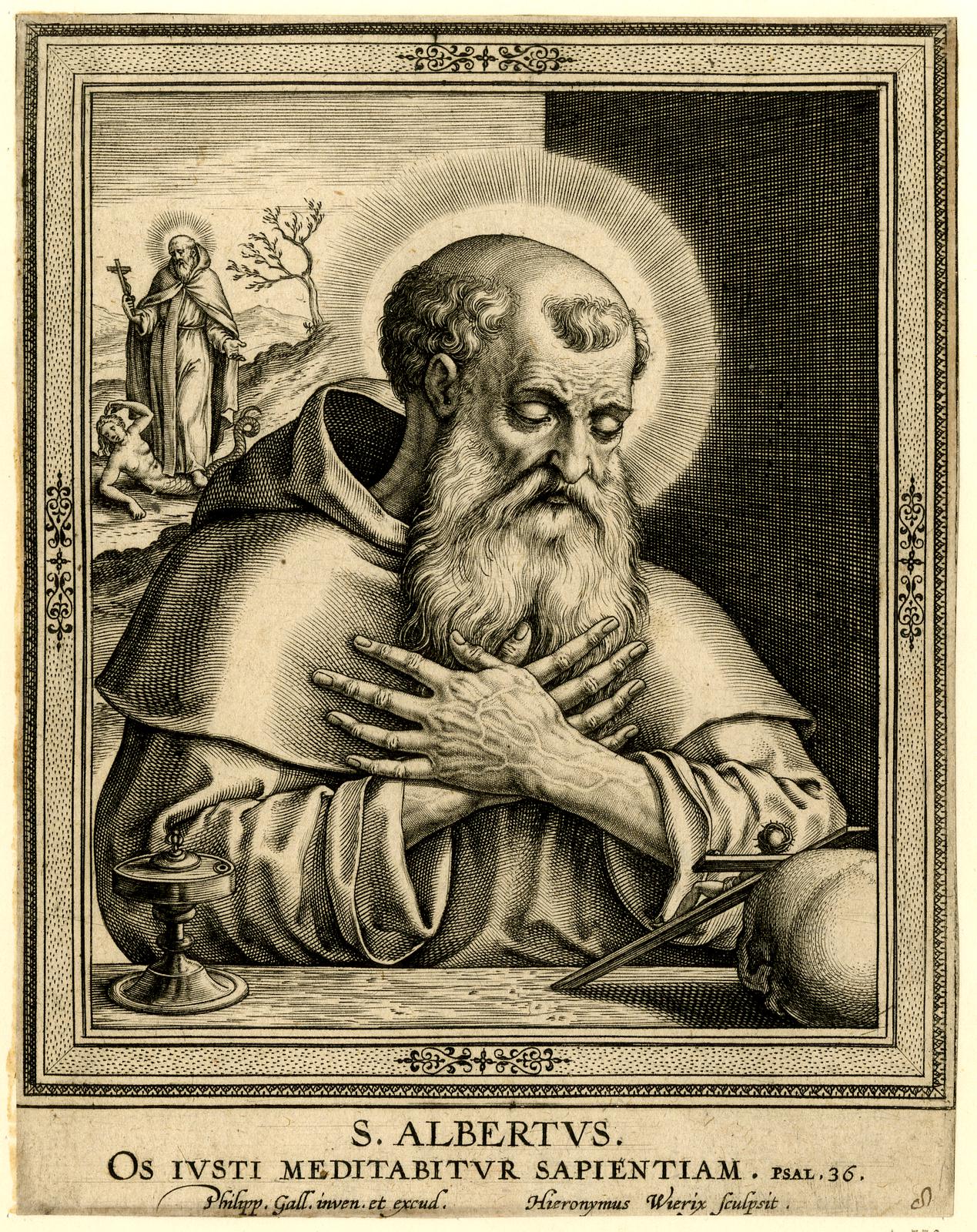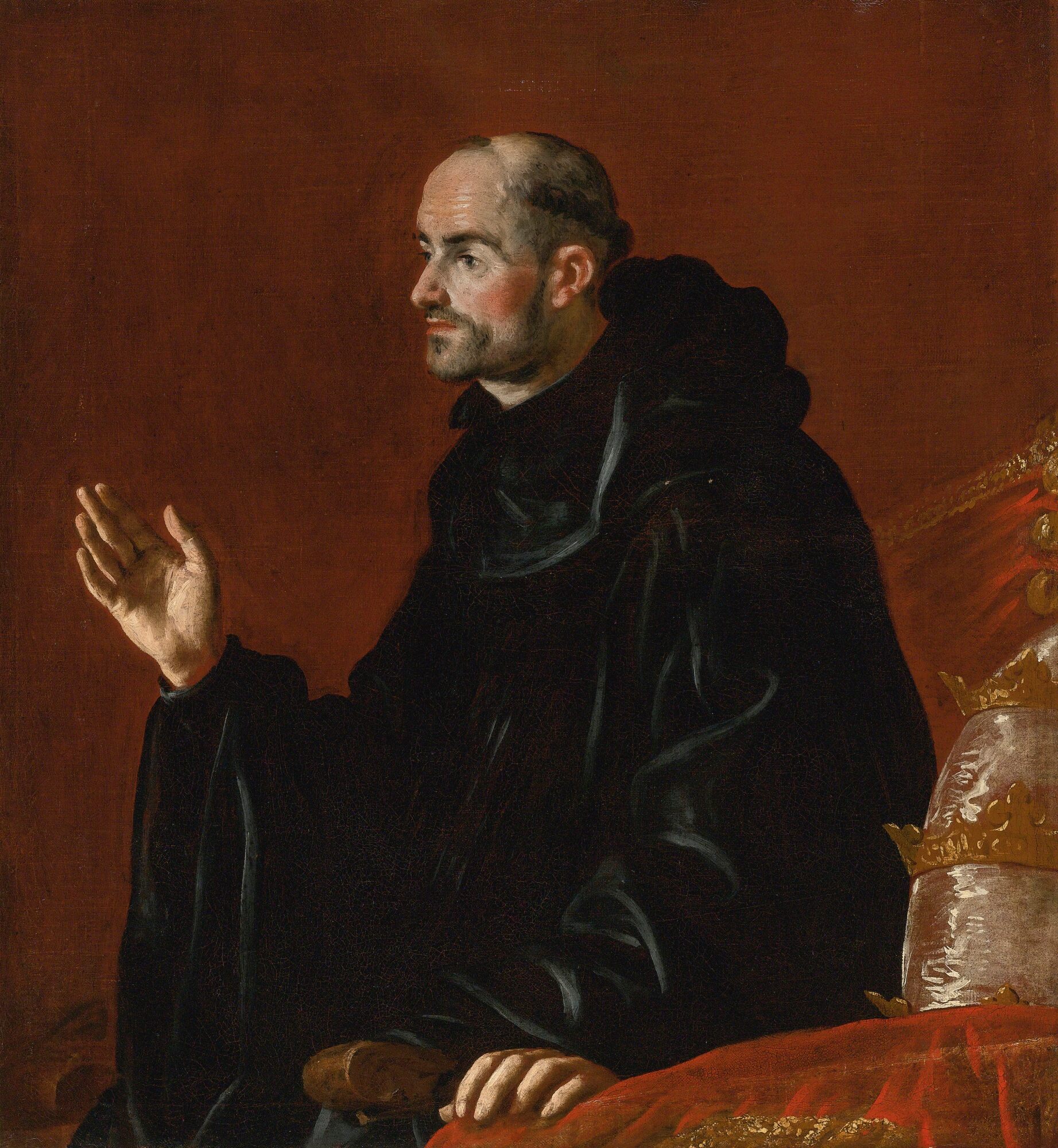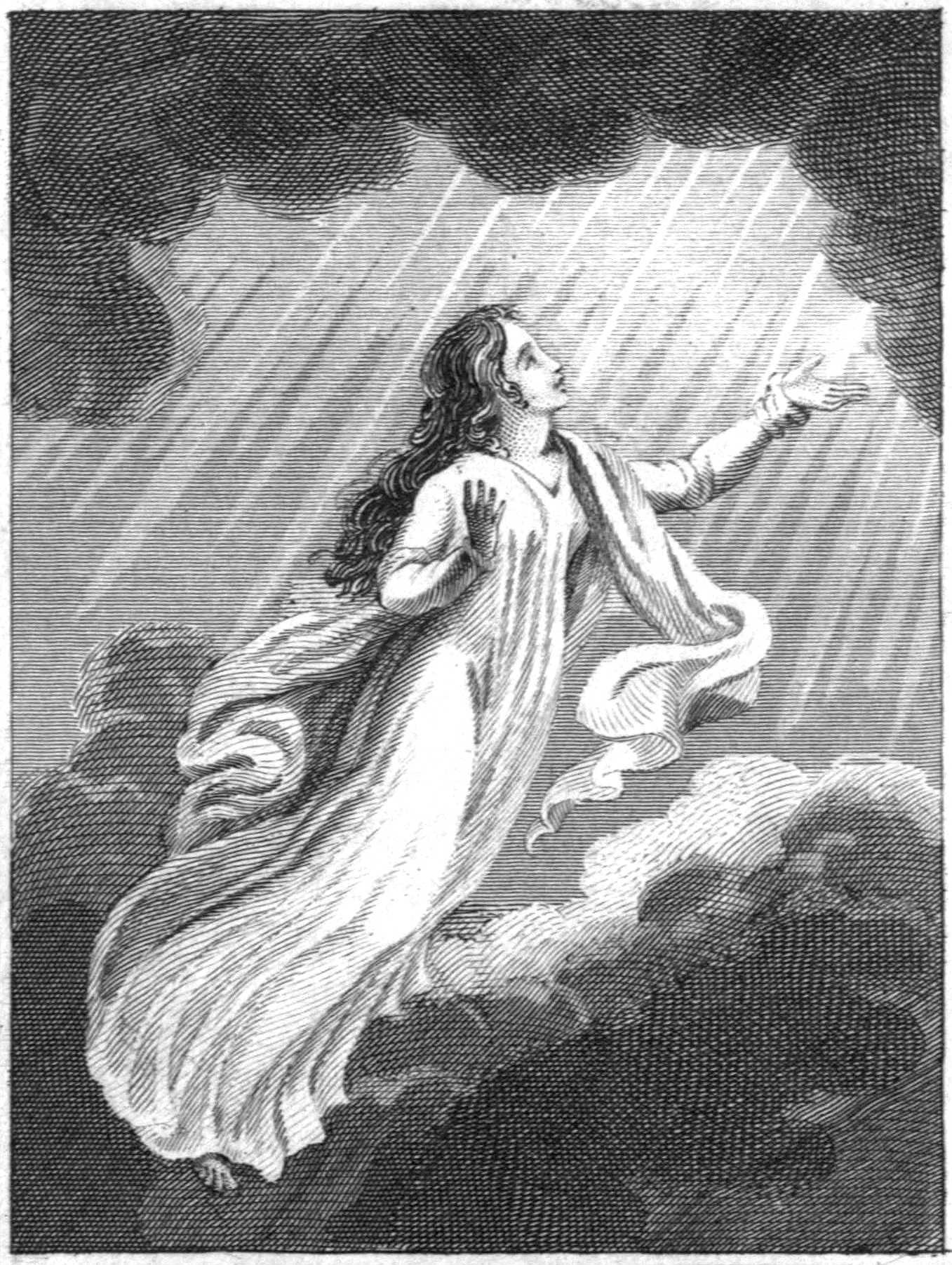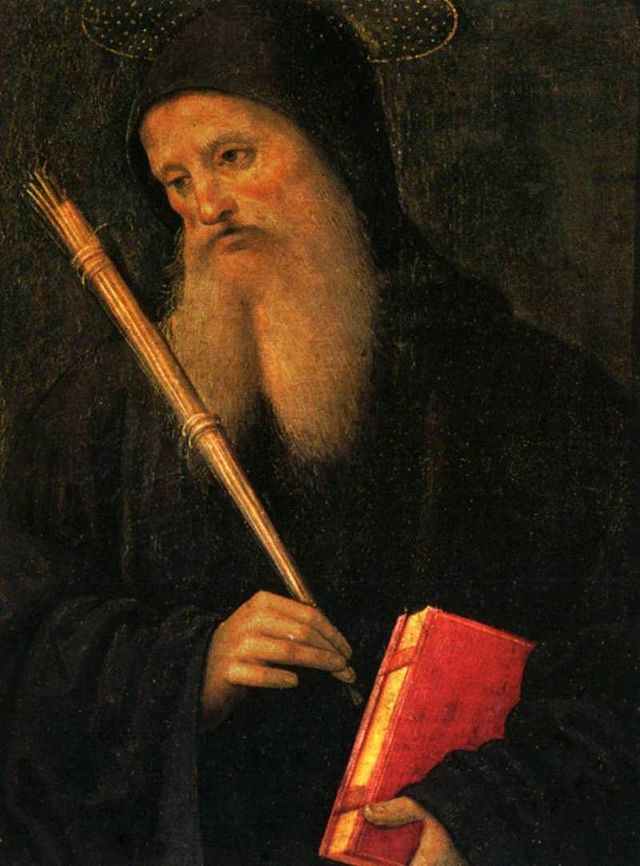The Angelic Doctor, St. Thomas, says that the names imposed by God on certain individuals are always significant of some gratuitous gift divinely conceded to them. Thus the name given by God to Joseph, not only denotes the various gifts bestowed upon him for the fulfillment of the great offices for which he was designed, but points also to the continual increase of these gifts through his co-operation and perfect correspondence with divine grace. If the name of Mary, according to St. Bonaventure, was extracted from the treasures and jewel-caskets of the Lord, from the same treasures and jewel-caskets was drawn the beautiful name of Joseph. It could not have been selected or imposed by men, because it was to be closely and inseparably associated with the Divine Name of Jesus and the holy name of Mary. It was to be frequently pronounced by the august lips of Jesus and to issue sweetly from the pure lips of His Virgin Mother. It was often to be registered in the Gospel, finding its place sometimes before, sometimes between, sometimes after the blessed Names of Jesus and of Mary. The angels were often to repeat it in their messages, and men often to invoke it in their needs. Many, indeed, of God’s people have borne this name, but in them it was a simple appellation, void of special significance, but not so in our saint. In him it is full of meaning, a name of great authority, of singular efficacy, of inestimable value.
By interpretation it signifies, as has been said, increase; and so the ancient Jacob said, prophesying, “Joseph is a growing son” (Gen. 49:22), or, according to the Hebrew, “growing by a well.” And what is this life-giving fount near to which Joseph grows and increases? First, it is Jesus, the well-spring of eternal life; secondly, it is Mary, who is the fountain conveying all the benedictions of Heaven.
Close to these two inexhaustible fountains Joseph grew, he increased in all good; and not for himself alone, but also for us. He not only grew, but flourished and bore fruit. Hence this name of Joseph imports for us likewise continual increase, being so efficacious and powerful both with Jesus and with Mary.
Joseph, sweet name, name sublime and powerful, name which imparts gladness to the just, consolation to the afflicted, solace to those in tribulation, support to the feeble, courage to the timid, constancy to the wavering, confidence to sinners, and to the penitent the assurance of pardon! Name which is a deliverance in perils, a harbor in tempests, food in hunger, relief in destitution, peace in discords, victory in combats, health in sickness, and refuge in persecutions, a joy amidst tears, a shield, a defense, and a salvation in the last agonies! This name defeats every plot of the infernal foe, dissipates every baleful temptation, puts the devils to flight, and makes Hell itself tremble. Blessed is he who often in life invokes it; blessed he who is able to invoke it devoutly at death. He who has this holy name engraven on his brow and on his heart has a sure pledge of his salvation. St. Bonaventure, speaking of those who are devout to Mary, says that he who is stamped with her character, that is, with the love of her and of her virtues, and with the properties of a true devotion to her, will be registered in the Book of Life. And the same may be said of those who have the character, the love, the virtues of Joseph, and a true devotion to him. Blessed, then, is he who reposes under the safe shadow of the name and patronage of Joseph.
This article is taken from a chapter in The Life and Glories of Saint Joseph by Edward Healy Thompson, which is available from TAN Books.
